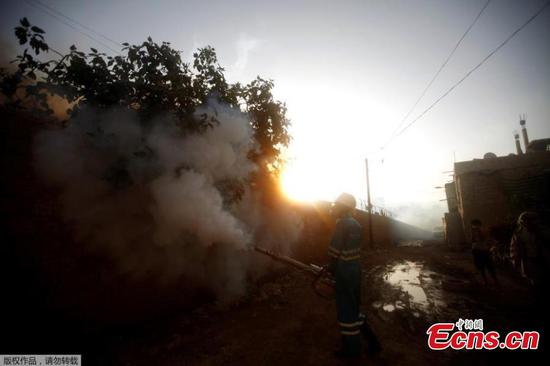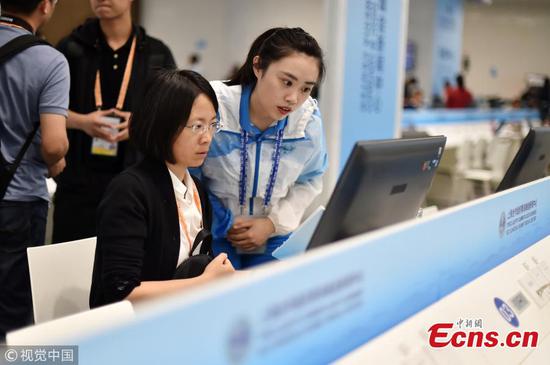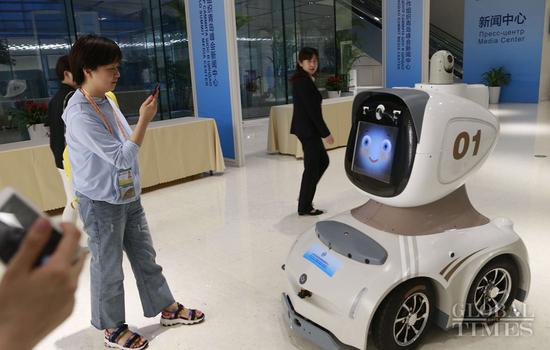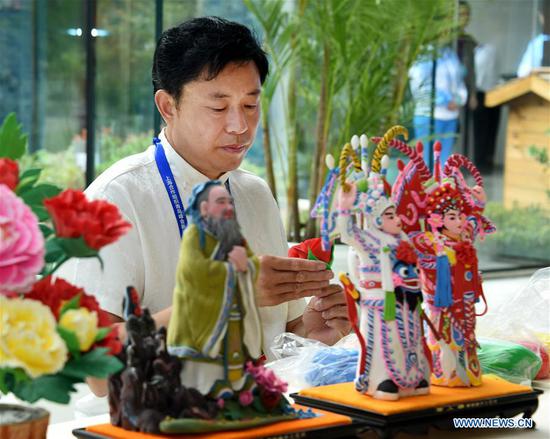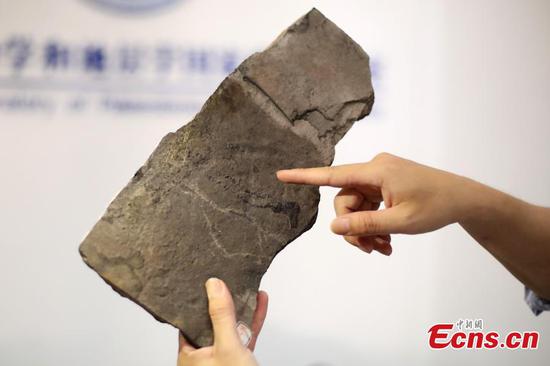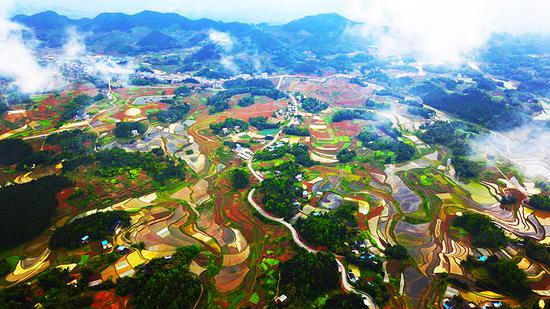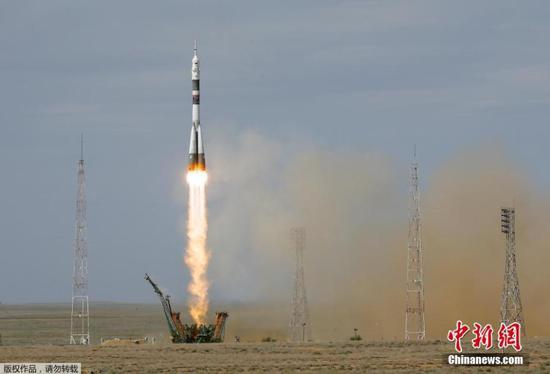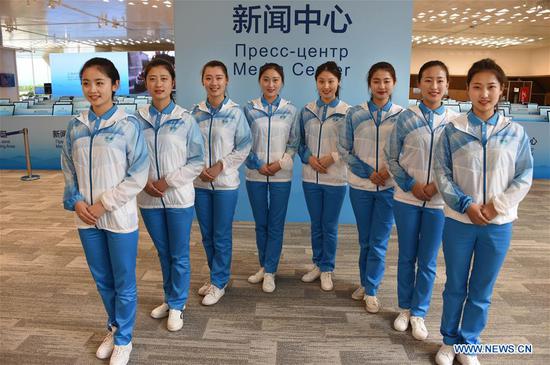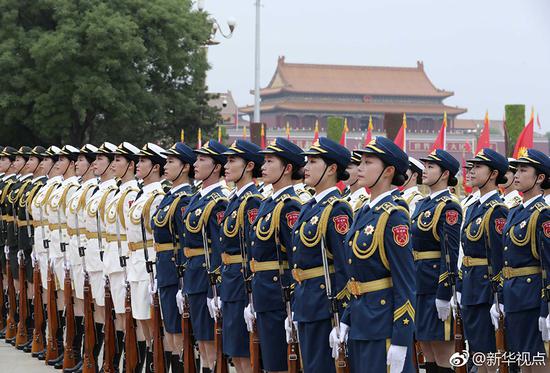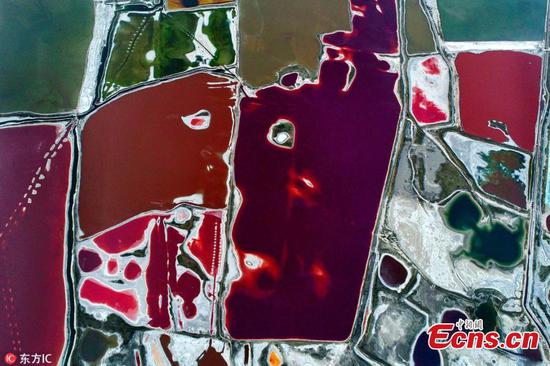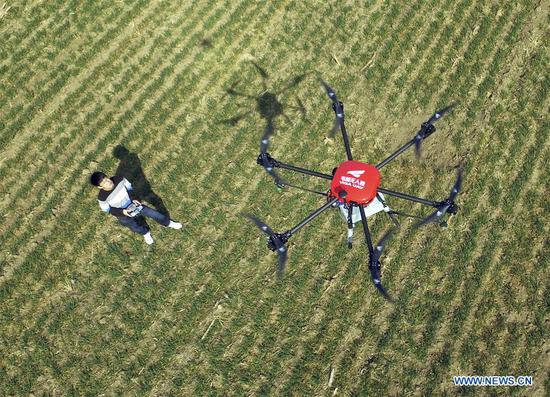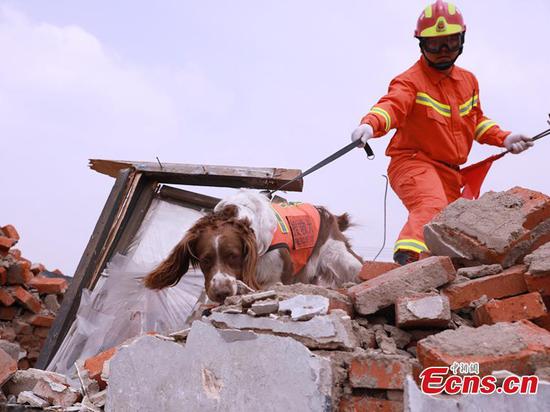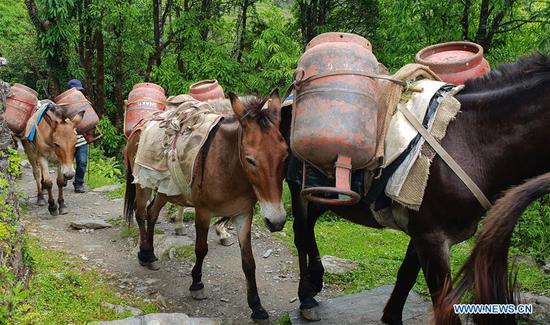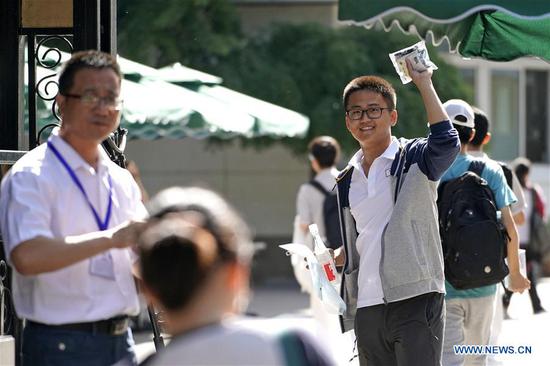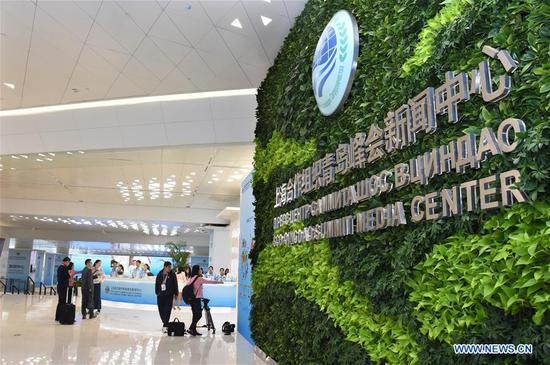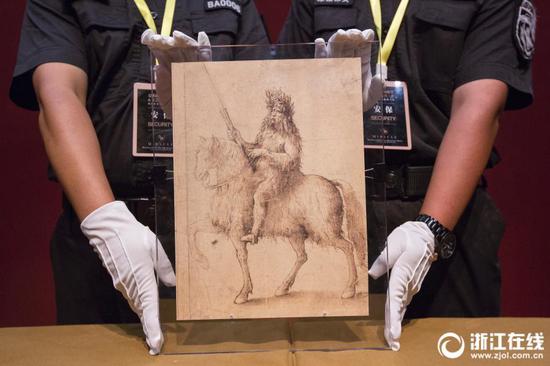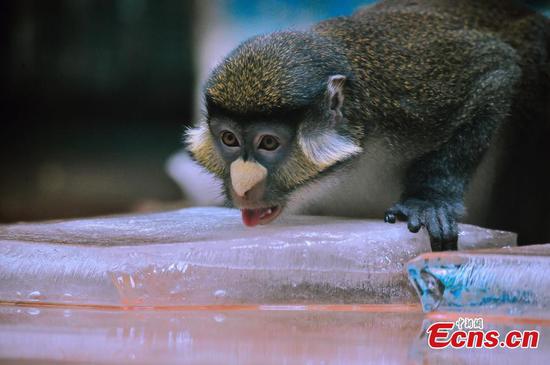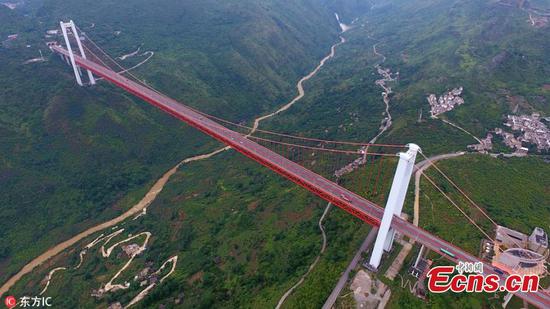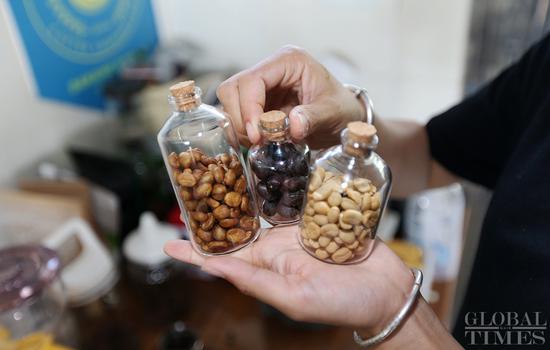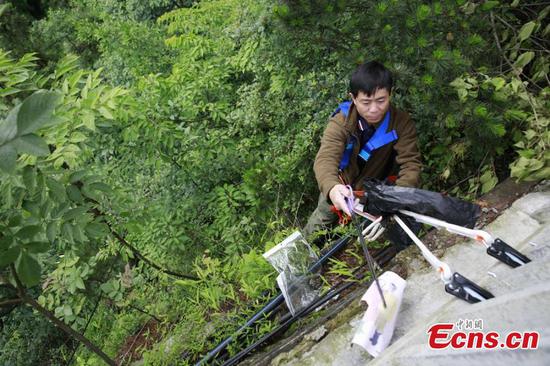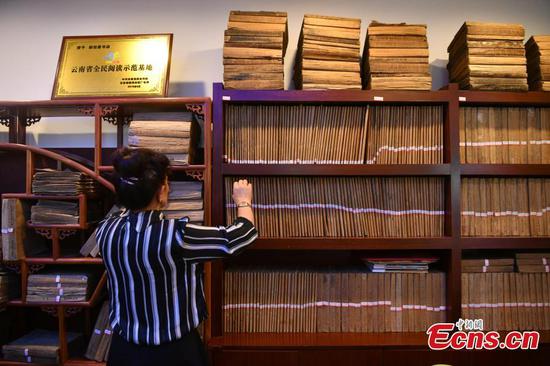Beijing plans to cut its coal consumption to below 4.2 million tonnes, down 13.4 percent from 2017, according to Beijing Municipal Commission of City Management.
The goal is expected to be met by shifting focus from cutting consumption in the city to promoting clean energy use in the rural areas.
Under the plan, Beijing will complete replacing coal with clean energy in 450 rural villages by the end of 2018, the commission said.
The city will also use clean energy to power more boilers used for winter heating, as well as shutting down more coal-burning industrial plants.
Beijing announced a plan to cut coal consumption in 2013. The city has since then cut more than 18 million tonnes of coal consumption.
In 2017, the city burned 4.85 million tonnes of coal, accounting for 5.6 percent of its total energy consumption.
Coal burning is no longer a major source of PM2.5 - particulate matter less than 2.5 micrometres in diameter - in Beijing, according to a study published last month by the Beijing Environmental Protection Bureau.
The PM2.5 level in Beijing has dropped to its lowest since 2013 when the national air pollution control campaign began.











